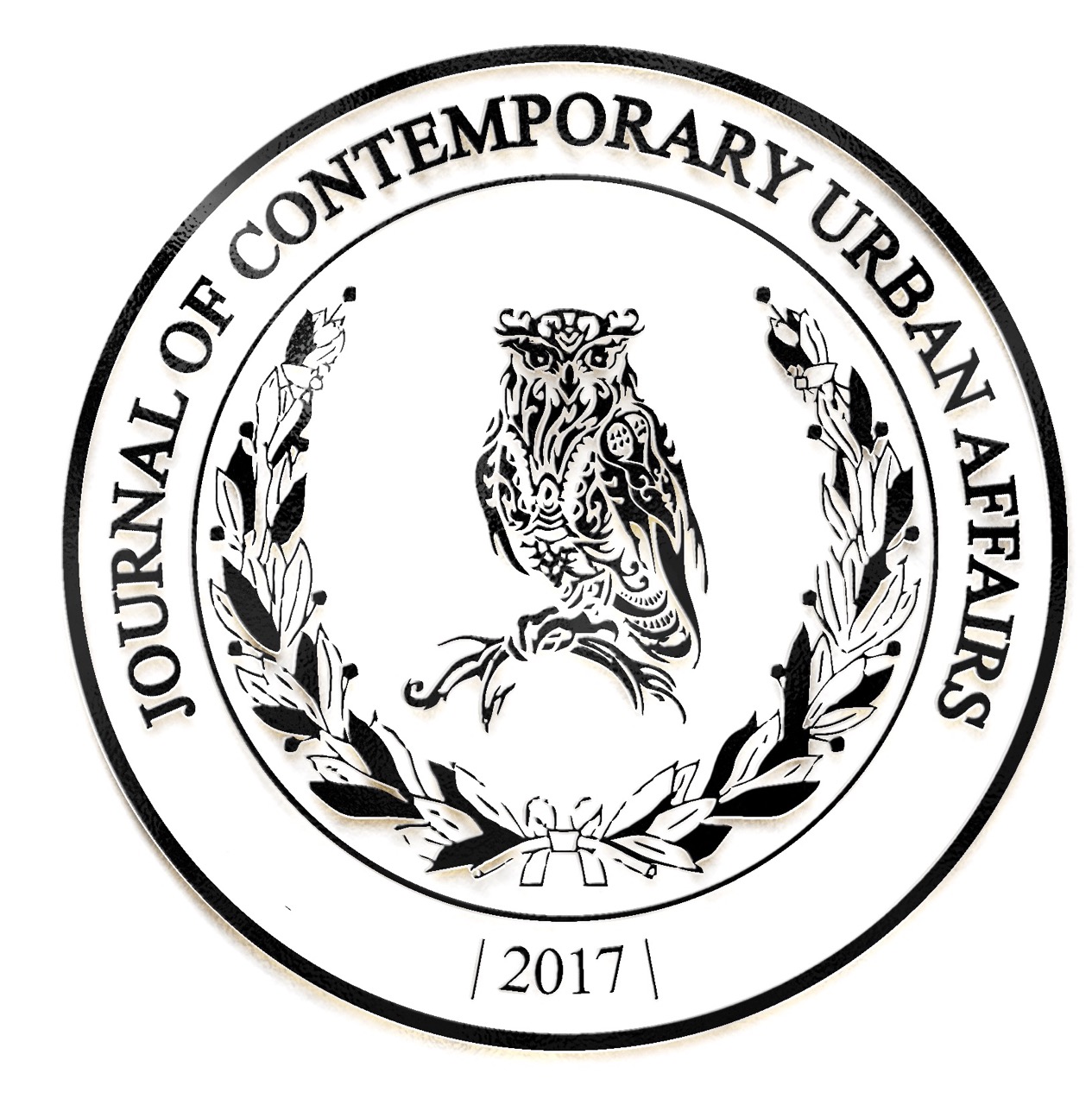Focal point
Location
Cikcilli District, Saraybeleni Street No:7 07400 , Alanya, Antalya, Turkey
The journal promotes original academic contributions that are cross-disciplinary to strengthen research under three main areas: Citizenship Rights and Responsibilities; Territorial Studies; and Urban Transformations.
In this regard, the journal has aimed to:
- discuss the role of urban planners, urban designers, and architects in enhancing social and economic aspects of the built environment.
- discuss emerging social and economic challenges and problems facing global cities within other scientific fields.
- develop theoretical and methodological foundations in respect of the social and economic problems of contemporary urbanization.
- bring a scientific view to emerging social and economic challenges in urban spaces.
- provide sufficient comparisons of different challenges and solutions facing cities and societies, as referred to in the aforementioned main aim of the journal.
- discover and identify innovative methods and techniques to overcome the aforementioned challenges.
Contributions are welcome from across the full range of social sciences and arts and humanities disciplines. It is expected that the contributors will provide advanced empirical and theoretical knowledge referring to contemporary urban affairs - from both positive and normative perspectives. Priority for publication is given to research articles that are specifically written for a multidisciplinary audience with the highest quality and impact. In this regard, the journal looks for articles that are innovative and demonstrate excellent research and development.
Members:
Resources
Displaying 101 - 103 of 103Courtyard Housing in China: Chinese Quest for Harmony
The Chinese have lived in singleextendedfamily courtyard houses in many parts of China for thousands of years The earliest courtyard house found in China was during the Middle Neolithic period 50003000 BCE The courtyard form signifies Chinese quest for harmony with nature and in social relationships However the 20th century was a significant turning point in the evolution of Chinese courtyard houses this paper provides an overview of this transition It starts by briefly introducing traditional Chinese courtyard houses and their decline since 1949 it then examines the emergence of new courty
In Pursuit of Sustainable Strategic Long-term Planning Throughout Meta-postmodernism as New Perspective of Stylistic Design
During the different period of architectural design designers attempt to achieve a high level of life quality for all users Architecture and urban planner want to provide a style of design which not only achieves different function for different users with respect to their ethnicity ability age sex capability position and lifestyle but also improve the friendly environment throughout responsive legislation based on longterm planning Although the styles are considered some indicators it is ignored the other important characteristics Therefore the existing styles never achieve the standard le
Sustainability in Historic Urban Environments: Effect of gentrification in the process of sustainable urban revitalization
Considering the threedimensional process of sustainability physical economical and social the aim of conservation for making historic urban environment sustainable should be matched with these dimensions Therefore earlier conservation policies have progressed from a simple and restrictive concern with preservation to an increased concern for revitalization and enhancement This means a physical revitalization may be shortlived and unsustained Within the process of revitalization historic environments become the main locations of gentrification induced by urban revitalization which may involv


